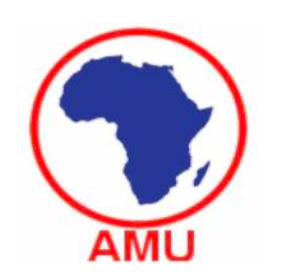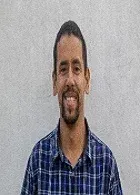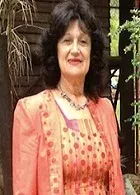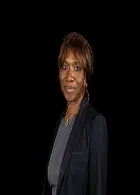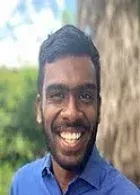AMU Pan African Mathematics Olympiads Commission (AMU-PAMOC)
PAMO is an activity of the African Mathematical Union Commission on Pan African Mathematics Olympiads (AMUPAMOC) created in 1986, ten years later, after the creation of African Mathematical Union (AMU) in Morocco in 1976.
The AMU-PAMOC Team for 2022-2026 period
AMU-PAMOC
Pan African Mathematics Olympiads (PAMO)
The Pan African Mathematics Olympiads (PAMO) are prestigious event of the African Mathematics Union (AMU) organized each year, since 1987, in an African Country where the best pupils in Mathematics of the Secondary Education who are less than twenty (20) years old, are invited to compete.
While emulating the African Youth, it contributes to integration and allows the AMU to detect new talents in Mathematics in order to secure a changeover of quality.
The competition is made of two rounds. Each round is made of 3 problems for four hours and thirty minutes while each problem's total score is 7 points. There are up to six candidates per country.
PAMO 2024, 31st Edition of the Pan African Mathematics Olympiads
PAMO 2023, 30th Edition of the Pan African Mathematics Olympiads
The Pan African Mathematics Olympiad (#PAMO2023)happened in #Kigali. This 30th ediction gathered 32 countries all accross Africa, among 26 countries attending in person and 6 participating online. Mathematics are the foundations to build Africa‘s digital future #AI #Robotics
